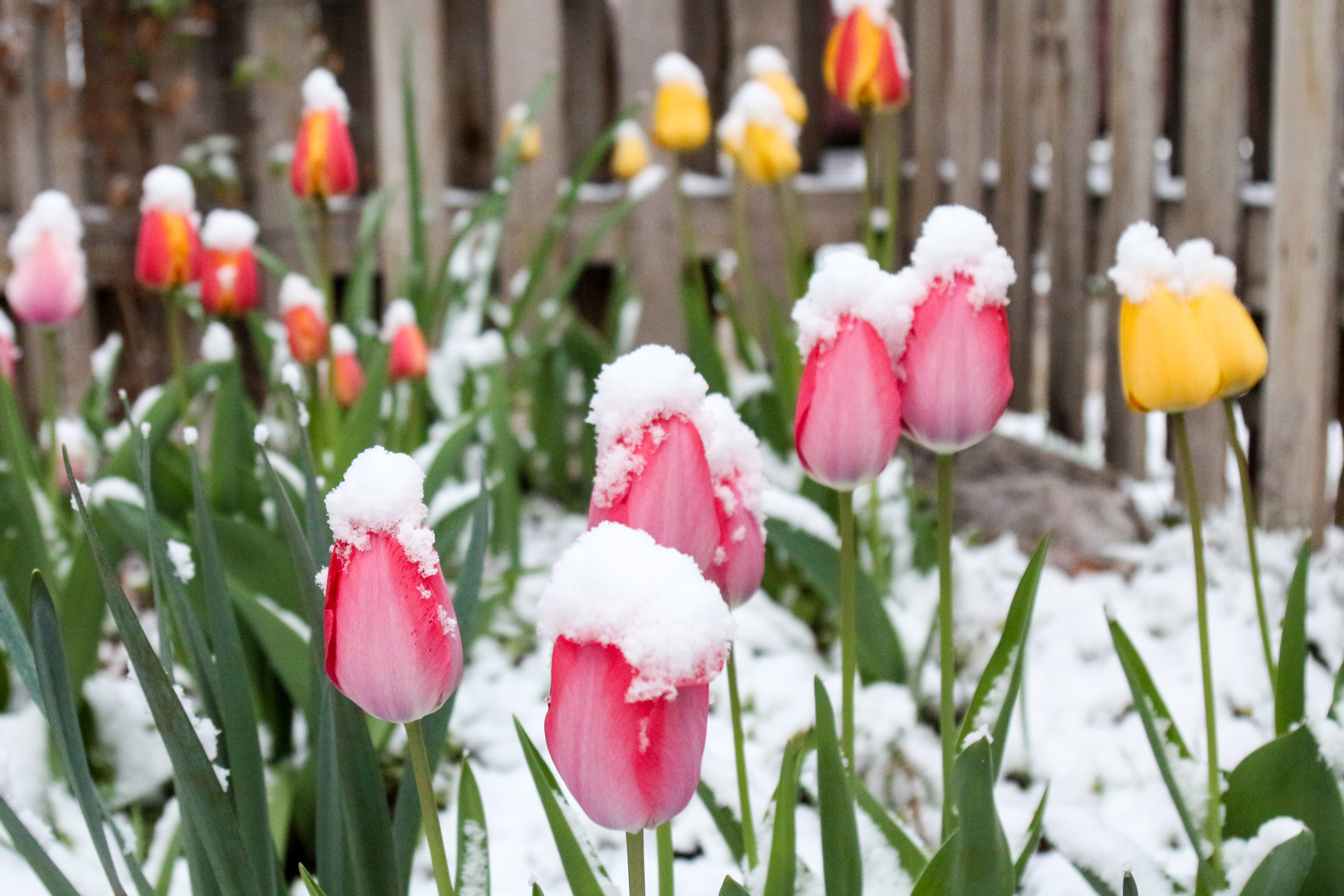Despite the fact that older adults may be more vulnerable to serious health complications from COVID-19 infection, seniors also have some advantages over their younger counterparts when it comes to dealing with isolation, scarcity of supplies or financial insecurity.
Seniors have a wealth of life experiences. Most have lived through war times, possibly even a world war, and have developed greater resilience which allows them to thrive in difficult situations. Older adults may remember a time when polio took the life of their friend or air raid drills and rationing was a part of daily life. But they also have lived long enough to understand that life is full of ups and downs, of adversity and tragedy, but also of hope and joy. They may have long ago developed the patience that we are all learning to cultivate while queuing up for groceries or waiting on hold to file for unemployment benefits.
Many younger adults are busy trying to help protect their elderly loved-ones from the new coronavirus, and that is the responsibility of everyone, but seniors may also be a tremendous source of comfort and calm helping younger generations see the big picture and manage their anxiety and emotions. By focusing on what they are still able to do: walk their dog, work in the garden, cook healthy meals, read, enjoy music or continue with creative pursuits like painting, woodworking or sewing, seniors are more likely to let go of lamenting what they might be missing. Reframing the current situation and looking on the bright side can help minimize stress and in turn protect the immune system.
We would all do well to embrace the idea of letting go of a few things right now and perhaps picking up something else that is more useful or helps someone else. Having a sense of purpose not only helps boost mood, but a positive attitude has also been found to improve overall health and well being. In finding hope, people of all ages can make better health and lifestyle choices, looking ahead to a time beyond this moment.
Although people may not be able to give their loved ones a much-needed hug right now, friends and family can still stay socially connected through technology. A video or voice call can make a long, perhaps repetitive day a bit cheerier and there are many innovative ways to share experiences virtually.
Physical isolation may actually provide the space for new and creative developments if we embrace this time on the threshold of what’s next. Don’t forget that it was during a period of quarantine during the Great Plague of London that Issac Newton developed the foundations of calculus, analyzed color, light and the spectrum and studied gravity leading to his law of motion.
How are you using this newfound space?






Add Your Voice
0 Comments
Join the Discussion